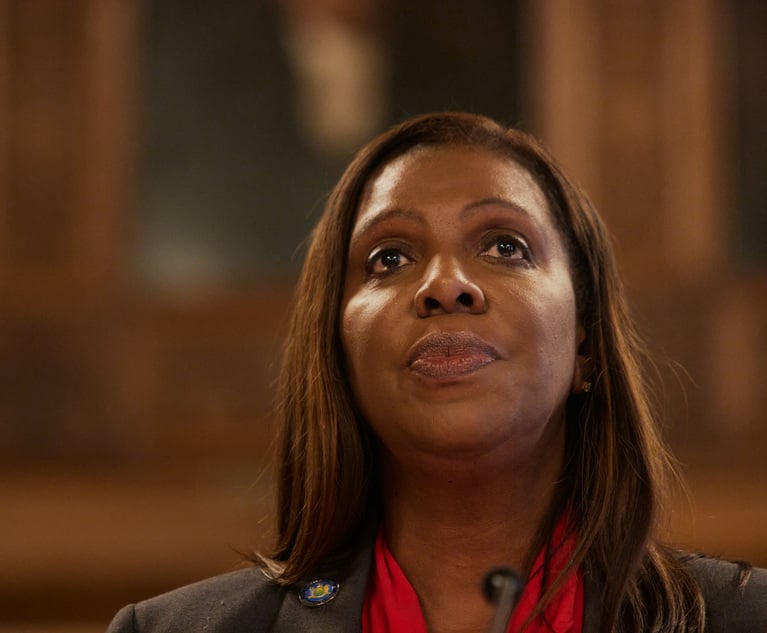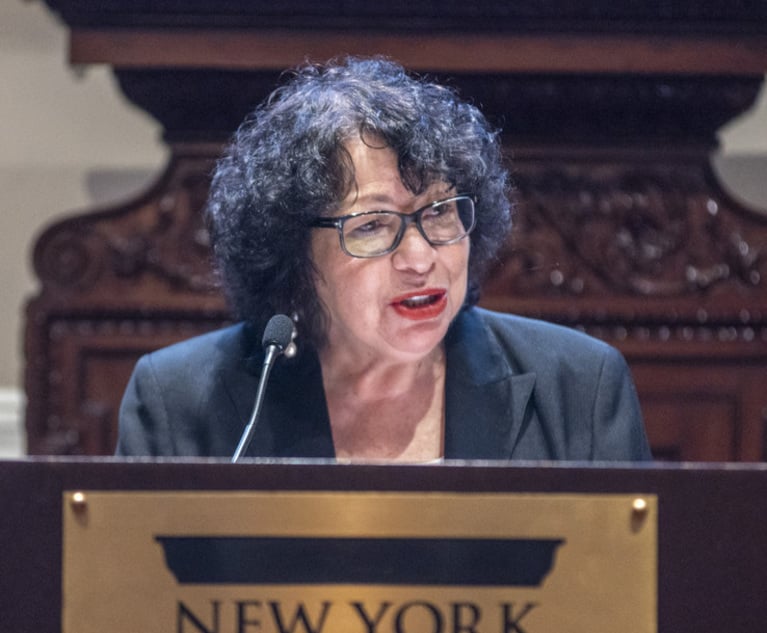The Supreme Court’s March 2018 decision in Marinello v. United States, 138 S. Ct. 1101 (2018), was widely seen as a potentially significant limitation on the government’s ability to bring obstruction charges under 26 U.S.C. §7212(a). Specifically, the Marinello court held that, to obtain a conviction under the so-called Omnibus Clause, the government must prove that the alleged obstructive conduct had a nexus to “a particular administrative proceeding, such as an investigation, an audit, or other targeted administrative action.” Nearly two years later, a body of case law has developed addressing various aspects of Marinello’s reach. These cases suggest that Marinello’s impact may not be extensive as hoped. Nonetheless, there is reason to believe the case is having a significant impact on charging decisions.
Efforts to Leverage ‘Marinello’ Prove a Mixed Bag
Defendants whose §7212(a) convictions were on appeal when Marinello was decided have seen mixed results in trying to get those convictions overturned. In United States v. Takesian, __ F.3d __, 2019 WL 6887255 (1st Cir. 2019), the defendant was convicted of four counts of filing false returns and one count of obstruction under §7212(a). On appeal, the government conceded that the pre-Marinello jury instructions were erroneous, particularly as to Takesian’s knowledge of a pending proceeding. In light of Takesian’s failure to object to the jury instructions, however, the U.S. Court of Appeals for the First Circuit applied the plain error test and upheld the conviction in light of undisputed evidence that Takesian had used $1 million from a corporate account for personal purposes, the jury’s conclusion (drawn from its verdict on another count) that Takesian knew he should have reported that expenditure as income on his own returns, and the further evidence that he knew the corporate entity in question was under IRS investigation. Thus, the appeals court found Takesian could reasonably foresee that the IRS would investigate him after discovering the $1 million payout, and therefore could not show a “reasonable probability” that a proper instruction would have led to his acquittal.


 Jeremy H. Temkin
Jeremy H. Temkin




